Ben Macintyre wrote in The Times last week of Paddington, the immigrant even Ukip loves, and how he had assimilated into a multicultural society, becoming more English than the English.
I brought away a different image and found the film, intentionally or otherwise, deeply political.
Should I post a spoiler alert here? Possibly. If so, please take it as read.
The film starts with a Pathé News style documentary about an explorer wandering through the jungle of Darkest Peru, where he encounters and befriends a bear couple. "If you ever come to London," he tells them - having taught them English and a love of marmalade - "you will be assured a warm welcome."
Fast forward and we find the now-elderly bear couple living with their ebullient nephew, the bear-to-be-called Paddington. Disaster strikes and the little chap is packed off to London, that "warm welcome" promise echoing in his ears.
On the platform at the station that gave him his name, he remembers his lessons and raises his hat and remarks upon the weather, only to be jostled and trampled by commuters rushing about their business. When he is given a night's shelter by the Browns, their oily Rigsby-like neighbour is affronted. Apart from the hippie Mrs Brown, fellow immigrant Mr Grüber is alone in offering that promised warm welcome.
The explorer who chose to leave the bears to live in peace rather than take them home as "specimens" was, we later learn, ostracised for suggesting that anyone or anything who didn't do the crossword or take tea at Fortnum's could be regarded as civilised.
It is not a flattering portrait of Britain, then - or now.
A small country with ten national newspapers (a dozen, if you count the FT and Morning Star) might be expected to see its society accurately reflected on the newsstands. So what do we see today? Diversity? Multiculturalism? Do we see that warmth that Paddington was promised?
No, we see rejection, selfishness, triviality. Five papers splash on our terror of immigration; eight carry stories and/or photographs of people fighting to buy a cut-price coffee maker that will sit unused in a cupboard. The only paper to feature neither on the front - The Times - addresses a different kind of consumerism with an oversized cake and the word Eat! in huge letters.
"FREE!" "40% OFF!" "50% Off!" scream the puffs in tacit acceptance that - apart from the prospect of watching celebrities' sexual encounters in the jungle - pandering to greed is the only thing that sells.
And in the ultimate sign of selfishness, the Mirror tells us about a woman who left five children in the charge of her 14-year-old son to go on holiday to Australia.
This isn't a society to which I wish to belong.
Nor is it one I recognise.
In my cosy middle-class village we work hard, we pull together, we celebrate each other's achievements and go to each other's aid in times of difficulty.
I refuse to believe that this approach to life is unique to our corner of Essex (yes, Essex - that much-mocked county of bigoted tattooed white van men and orange women in stilettos). I believe that it is true of communities all over the country.
I may be naive, but I am also confident that for most people immigration is not the most pressing concern.
(I would also venture to predict that if and when a referendum is held on EU membership, a greater percentage will vote to remain in the community than voted to keep Scotland as part of the United Kingdom.)
| Perhaps the most telling front-page element of the day has nothing to do with sex, shopping or being nasty to foreigners. A single column in the Guardian under a headline that starts "Please help" invites readers to contribute to its Christmas appeal in aid of a mental health charity. The lack of understanding of mental health problems, the subsequent neglect in the provision of services for those who suffer, and the derision of doctors who prescribe "happy pills" (aka anti-depressants, which actually work) become ever more troubling as the pressures across society increase the scale of the problem. We have learnt today from a policeman with a social conscience of a 16-year-old girl with psychiatric problems who has been held in a police cell since Thursday because there was no suitable hospital place for her. As a former colleague tweeted, would we do that with someone having a heart attack? Some papers will tomorrow shout about this girl's plight. Issues of confidentiality mean we won't be allowed to hear her personal story, but that will not prevent papers using her as a weapon in whatever particular battle they are choosing to fight - incompetent officialdom, callous Tories, some Labour party failing. |
That I would like to read.
In the meantime, it's time for a couple of those make-you-less-unhappy pills.
Just heard that a place of care has been found for our 16yr old. Good result.
— ACC Paul Netherton (@ACC_Operations) November 29, 2014 

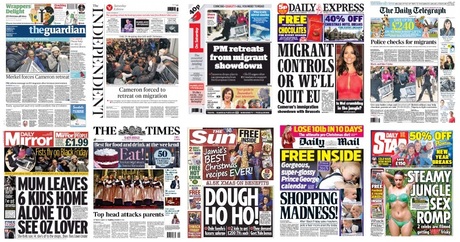
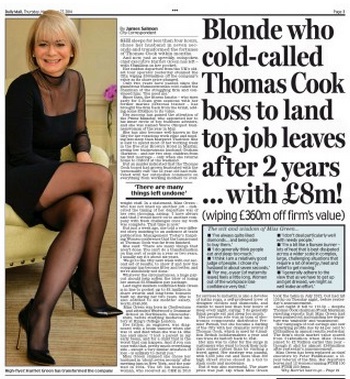

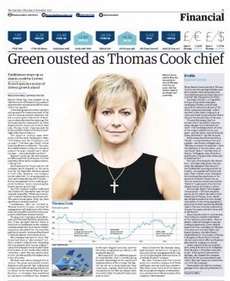

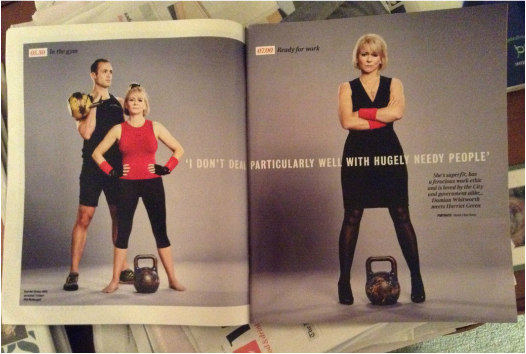
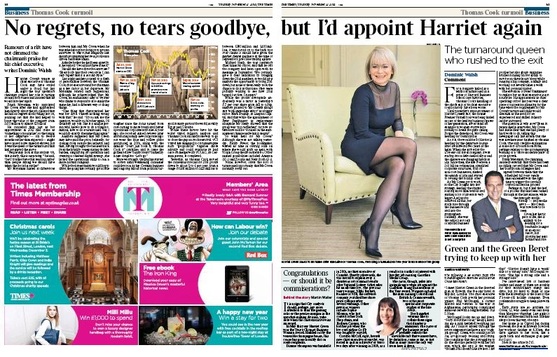





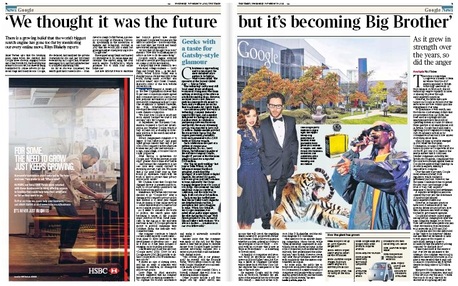













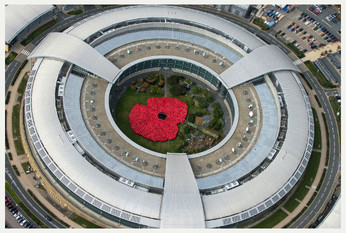
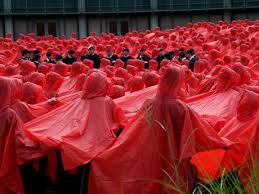

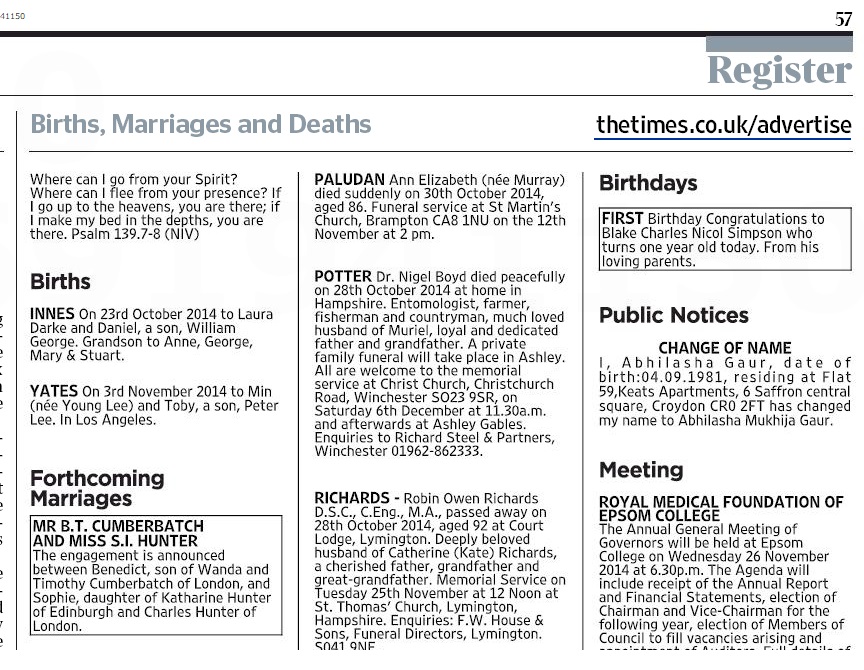
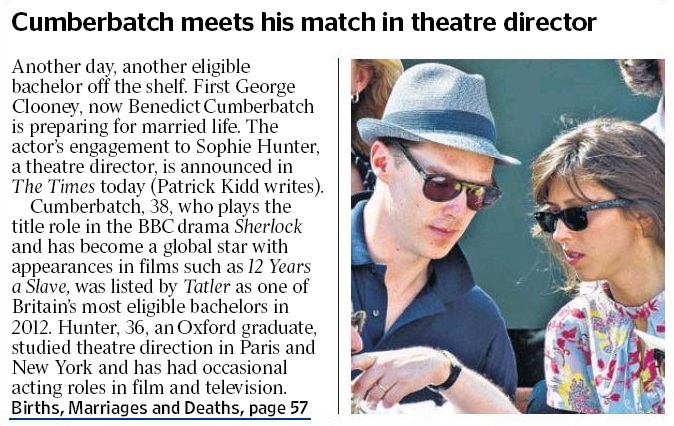
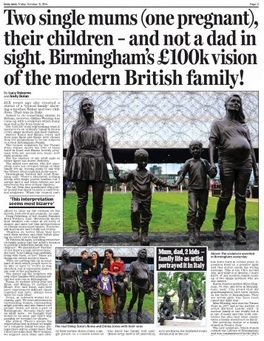
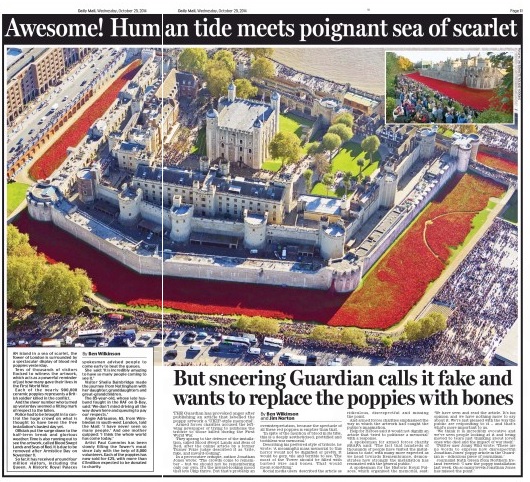
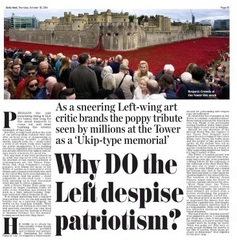

 RSS Feed
RSS Feed


